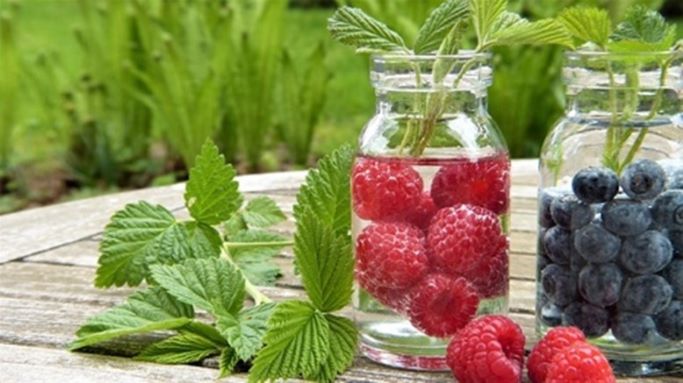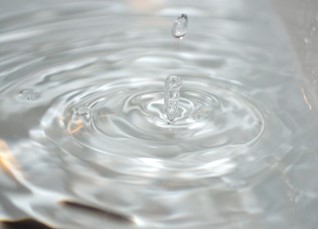
Purity in Halal Food
While many people familiar with Halal food and certification know that it refers to certain animals and types of meat that are permissible to consume, they may not realize that it also encompasses another category, dealing with the purity and wholesomeness of the food. In the Qu’ran, the holy book of Muslims, instructions on what to eat cover two realms, Halal and Tayyib:
“O mankind! Eat of that which is Halal and Tayyib...” (Surah: Al-Baqarah, Verse: 168).
Halal means permissible or lawful and refers to the types of foods that Muslims are allowed to eat. Cattle, but not donkeys, for example, and camels, but not tigers. Tayyib means pure, healthy, and wholesome, and relates to dirt, filth, and substances considered repulsive.

Thus, Halal certification considers both what is lawful to eat, and whether or not it is pure, wholesome, and hygienic. For example, beef from cattle slaughtered according to Islamic standards is Halal, or lawful to eat. However, if the meat possibly comes in contact with feces or other filth during the butchering process – not an uncommon occurrence in industrial slaughterhouses where work is done at a fast pace – then the meat has been contaminated with an impure substance and must not be consumed. Similarly, if bread was made with Halal ingredients and processed, but was stored in an area where there were vermin or pests (and thus, their excreta) it would no longer be tayyib.

Substances that are not tayyib are known as najis. Najis means filth or unclean things in Arabic and refers to substances that contaminate food and equipment. This includes anything derived from pigs and dogs, urine, feces, blood, bodily fluids, milk from impermissible animals, and other types of dirt or contaminants. If food has been contaminated with these materials it can no longer be eaten, and if equipment has come in contact with them it must be thoroughly cleaned, disinfected, sanitized and rinsed in order to be used again.

In addition to these types of ‘filth,’ any substance that is harmful to human health is also prohibited, even if it isn’t specifically mentioned in the category of najis. For example, food dyes, artificial sweeteners, or preservatives that have been found to be carcinogenic would not be permissible, since a central tenet of Islam is avoiding harm. Similarly, if equipment was cleaned with strong detergents or disinfectants, but not properly washed, this could also contaminate the food and result in it not being acceptable for certification or consumption.

The inclusion of purity in addition to lawfulness in Islamic dietary law ensures that food is safe and healthy to eat. Najis substances are often vectors for disease, so strictly avoiding them helps avoid foodborne illness and keep people healthy. This would have been extremely important guidance in the past when people did not understand microbiology or food safety in the way we do today. Now, modern science has confirmed the importance of ensuring that food is free from these substances.

For businesses holding or seeking a Halal certification, it is essential to ensure that food and equipment is free from najis at every step of production. Any animals being slaughtered must be clean and healthy. Processing facilities must be clean and free from pests that could contaminate food. Equipment must be properly cleaned to remove any filth but must also be well-rinsed to remove harsh chemicals that could hurt the consumer. Food being stored, packaged, or shipped must also be treated with care to ensure that it doesn’t come in contact with any kinds of filth, pests, or contaminants. All of these steps help ensure that your product is pure, wholesome, and fit for consumption.

This emphasis on purity in addition to lawfulness is one of the reasons that Halal-certified products are popular with many non-Muslim consumers. Halal food has a reputation as being pure, and consumers know that the third-party verification it requires ensures that ingredients are wholesome and honestly identified on the label, and that processing facilities are clean and hygienic.
If you want to communicate to consumers that your products meet the strictest standards of purity and cleanliness in production, consider Halal certification. Reach out to us today to see how we can help your products stand out!